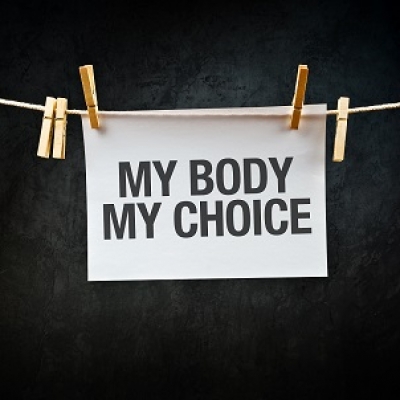When the Supreme Court declared every woman has the legal right to have an abortion in 1973, it was considered a huge win for women and their reproductive rights. However, just three short years later, Congress passed the Hyde Amendment, which bans federal tax dollars from being used to pay for abortions for women who are enrolled in Medicaid. The only exceptions are if the mother’s health is in danger or if the conception was a result of rape or incest. Then-Congressman Henry Hyde knew Congress couldn’t prevent all women from accessing an abortion, so he targeted the next best thing: vulnerable, poor women dependent on federal assistance.
As a result, Congress has passed Hyde-like policies that have placed bans on the use of federal funds to cover abortions for Peace Corps volunteers, military personnel, federal prisoners, federal employees, District of Columbia residents and Native American women.
Hyde has also opened the door to states being able to restrict access to abortions. We are now seeing more and more states passing, or attempting to pass, policies that limit or bar funding for abortions or ban abortions outright.
The harsh reality of the Hyde Amendment, and other efforts to restrict access to abortions, is that it severely impacts poor Black women. More than half of the seven million women subject to the Hyde Amendment are women of color who, because of social and economic inequities, are more likely than other women to be enrolled in Medicaid.
For Black women, reproductive healthcare decisions do not occur in a vacuum separate from other social, political and economic issues. Race, gender and class collectively shape Black women’s experiences and create obstacles for them to exercise their reproductive rights. Accordingly, the terms “pro-life and “pro-choice” do not take into account the interlocking systems of oppression that not only make it difficult to access an abortion, but also difficult to feed our families, parent our children with dignity and exercise control over our bodies without fear of negative consequences.
Reproductive justice, a term coined by Black women in the 1990s, occurs when all women have the right to create and parent the family she wants, when she wants, under the conditions she wants and in the community she chooses. There is no reproductive justice until all women have economic, social and political power and unrestricted access to the resources they need to make healthy decisions about their bodies.
While repealing the Hyde Amendment is a great first step, and will allow for greater access to abortion and family planning services, our next step should be to continue to demand access to comprehensive reproductive healthcare for all women, including sexually transmitted infection testing, cancer screenings, affordable prenatal care, and all contraceptive methods. Policymakers and insurers should not be able to control our bodies. Let’s take back our power by letting our voices be heard! Contact your congressional representatives and state legislators today and tell them you oppose all federal or state bans or limits on abortion funding.


